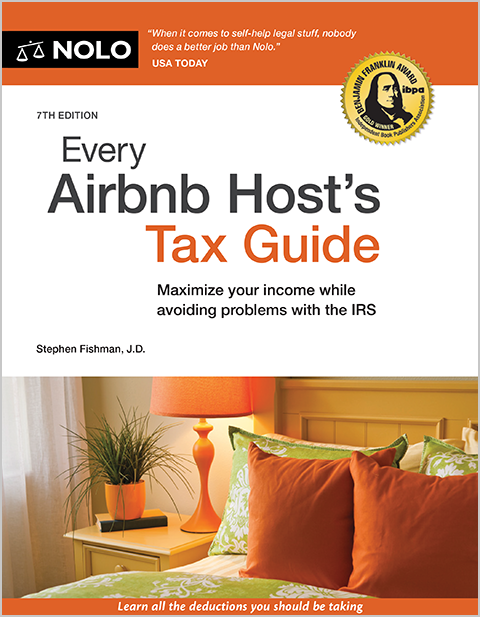House Personal Loan Tax_ A Comprehensive Guide
House Personal Loan Tax: A Comprehensive Guide
Navigating the world of homeownership is complex enough. Add in personal loans, and the tax implications can become downright confusing. This comprehensive guide breaks down the intersection of house-related expenses, personal loans, and taxes, helping you understand what's deductible and what isn't.
Understanding the Basics: Personal Loans and Your Home
A personal loan is an unsecured loan – meaning it's not backed by any specific asset, like a house (as a mortgage is). People often turn to personal loans for various needs, including home improvements, repairs, or even down payments (although this isn't always advisable). The key question is: does using a personal loan for home-related purposes make the interest tax-deductible?
The General Rule: Personal Loan Interest is NOT Deductible
In most cases, the interest you pay on a personal loan is *not* tax-deductible. The IRS generally considers personal loans for personal use, and therefore the interest isn't eligible for a deduction. However, there are exceptions to this rule, particularly when the loan is used for specific, qualified purposes.
The Key Exception: Home Improvement and the "Home Equity Debt" Rule
The primary exception arises when you use the personal loan to substantially improve your home. This falls under the umbrella of "home equity debt," which has specific rules under IRS regulations. If you use the loan proceeds to add value to your home, extend its life, or adapt it to new uses, the interest *might* be deductible.
Requirements for Deducting Home Improvement Loan Interest:
To deduct the interest, several criteria must be met:
*
The loan must be used to "buy, build, or substantially improve" your qualified home.
"Substantially improve" is the critical phrase. This means significant renovations, additions, or upgrades – not just routine maintenance or repairs. Think adding a new bathroom, remodeling a kitchen, or building an extension. Replacing a leaky faucet typically doesn't qualify. *Itemizing Deductions:
You must itemize deductions on Schedule A of your tax form. Taking the standard deduction means you won't be able to claim this interest deduction. *Loan secured or not:
Prior to 2018, there were requirements for how much home equity debt could be used. The rules have changed due to tax reform.Record Keeping is Crucial
If you believe your personal loan interest qualifies for a deduction, meticulous record-keeping is essential. Keep detailed records of:
*
Loan Documents:
The original loan agreement, showing the loan amount, interest rate, and repayment terms. *Proof of Use:
Bank statements, invoices, receipts, and contracts demonstrating that the loan proceeds were directly used for qualified home improvements. This is where you prove the "substantial improvement" aspect. *Appraisal (Potentially):
Depending on the size and scope of the improvements, you might consider getting an appraisal *before* and *after* the renovations to document the increase in your home's value.Examples to Illustrate the Difference
*
Deductible:
You take out a $20,000 personal loan to remodel your kitchen, installing new cabinets, countertops, and appliances. You have receipts proving the loan proceeds were used solely for the kitchen remodel. The interest *may* be deductible. *Not Deductible:
You take out a $5,000 personal loan to repair a leaky roof and replace some broken windows. While these are necessary repairs, they generally don't qualify as "substantial improvements" that add significant value or extend the life of the home. The interest is likely *not* deductible. *Mixed Use:
You take out a $10,000 personal loan, use $6,000 for a new deck (qualified improvement) and $4,000 for new furniture (not qualified). You can only deduct the interest tied to the $6,000 portion used for the deck.Important Considerations & Disclaimer
*
Consult a Tax Professional:
Tax laws are complex and can change. This guide is for informational purposes only and should not be considered tax advice. Always consult with a qualified tax professional or accountant for personalized advice based on your specific situation. They can help you determine if your personal loan interest is deductible and ensure you comply with all applicable IRS regulations. *State Taxes:
Keep in mind that state tax laws may differ from federal laws. What's deductible at the federal level might not be deductible at the state level, and vice versa. *Refinancing:
If you're considering using a personal loan for home improvements, explore other financing options, such as a home equity loan (HELOC) or a home equity loan. These options are specifically designed for home-related expenses and may offer more favorable tax treatment.Before making any financial decisions, carefully consider the tax implications and seek professional advice. Understanding the rules surrounding house personal loan tax can save you money and ensure you're compliant with the law. Learn more about the ins and outs of these loans from the experts at House Personal Loan Tax_ A Comprehensive Guide .

Comments
Post a Comment